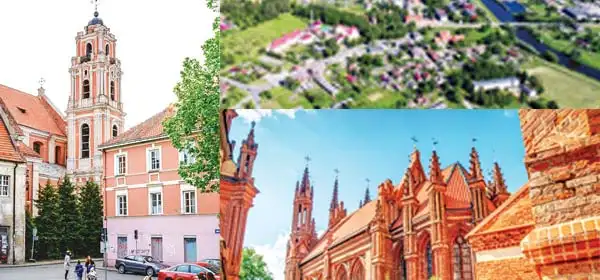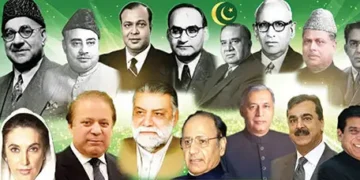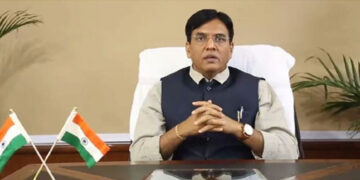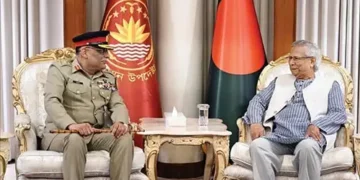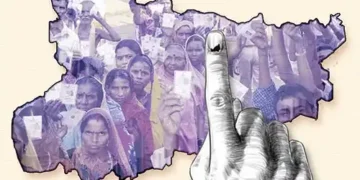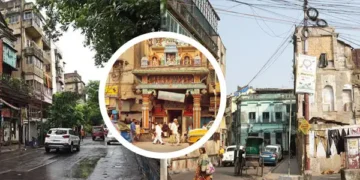Blitz Bureau
THE heart of Vilnius is as quiet as a heartbeat. The streets do not scream, which can be disquieting for someone who has taken a flight from Delhi. Cars adopt the demeanour of their drivers.
No one is in a hurry except the tweens who race their electric bicycles against themselves, heading nowhere. Vilnius has the touch of a weekend all week. Delhi would find the capital of Lithuania incongruous, indecipherable, mysterious, and possibly indigestible, until of course Indians hit the cake shops. Once sugar in its infinite variety finds its way to the palate, all else is forgiven.
If the capital is quiet, the villages are silent. The soft silence is a gentle metaphor for a nation that believes in calm after having suffered the various forms of hell that a small nation suffered in the oppressive age of European feudalism followed by subjugation in the last vast empire of world history, the Soviet Union, touched by the icy shivers of the Cold War. Like all empires, the Soviet disguised their domination in the garb of benevolence. If Comrade Vladimir Lenin had paid half the attention to the Bible as he paid to Das Kapital, he would have discovered that Lithuania does not live by bread alone.
Fiction and fact
Rusnė is a seaside city borrowed from fiction in summer and burdened with fact in the long winter. July is high summer. Nature imitates art. The sun rises long before people and refuses to leave the party in the skies even after a slow seventeen-hour swim across the light blue sky-ocean, eventually sinking with a glowing red reluctance in a salubrious twilight.
The same sun limps like an injured grandfather blanketed by snow and driven by wind when the year has aged into winter, but who thinks of age in the embrace of youth? The summer breeze is a zephyr talking to leaves who answer in a swaying whisper. Daisies speckle the green and glowing land, white roses sit atop their bush in the garden, a river flows with quiet dignity below the grassy slope, and the restaurant is alive with the happy chatter of holidays. Just in case I felt nostalgic, a few flies tested the fragility of my face, and then invited themselves to lunch. The coffee was safe. Rusnė’s flies do not like coffee.
Unique friendship
We are here at the invitation of my friend Laimonas Kelpsa, who is celebrating a unique episode in the complex annals of great men, the unique friendship between the Indian in a dhoti that never crossed his knees and a Lithuanian architect in a suit that wandered up to the ankles. Mohandas Gandhi reached South Africa in the last decade of the 19th century in search of a career; Hermann Kallenbach, from Rusnė, went to that distant land in search of refuge from the pogroms against Jews. Both challenged the evil of racism, not least through their extraordinary friendship.
Kallenbach might have come with Gandhi to India after 1915 but was prevented from doing so because of the strictures of World War I since his birthplace was East Prussia and hence German at the time. He died in 1945 at the age of 74 in Johannesburg, two years before Gandhi destroyed the era of European colonialism by leading the liberation of India.














